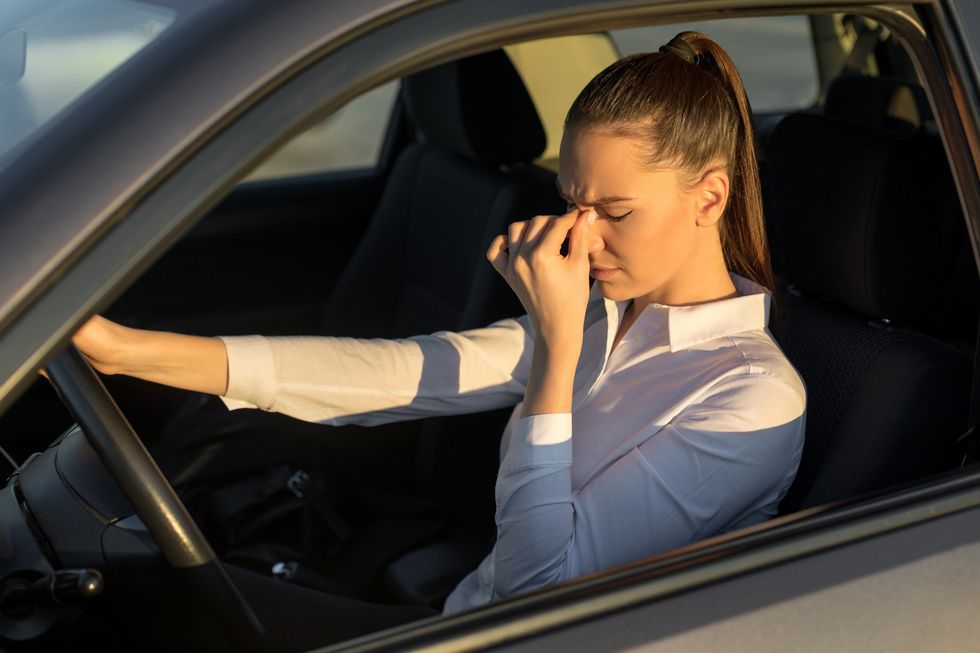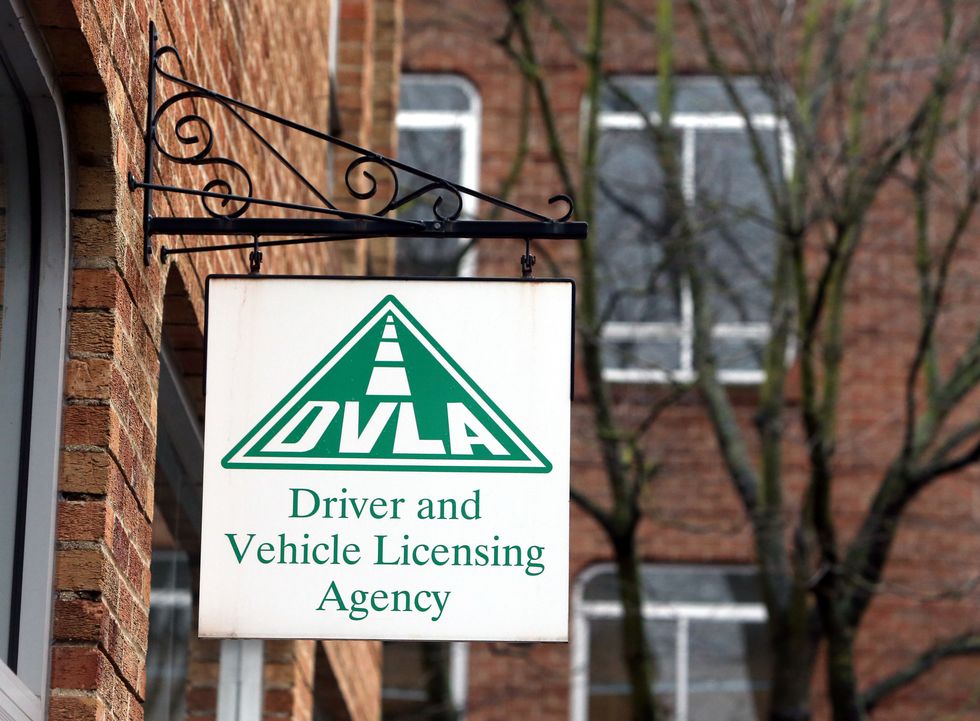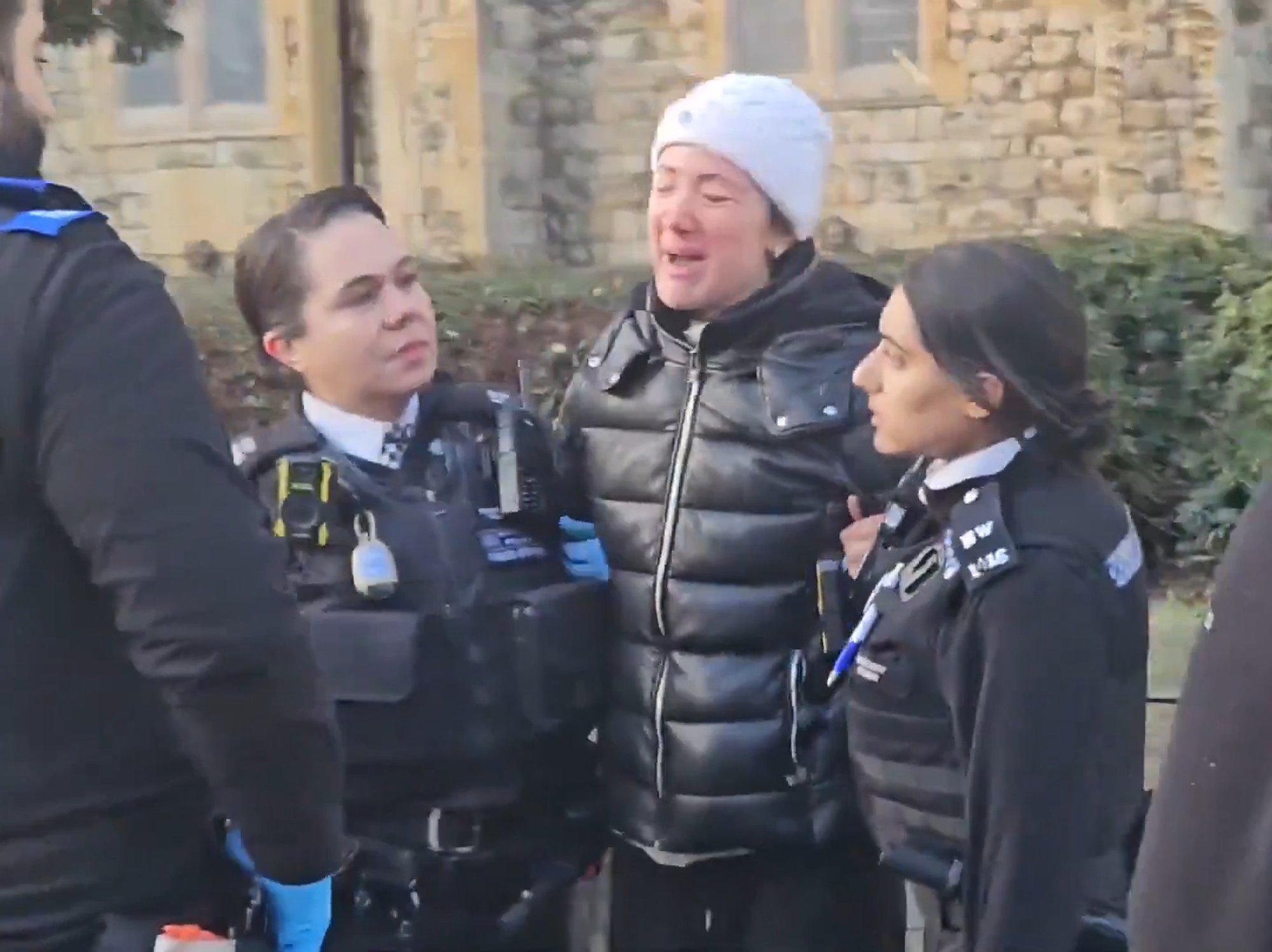Drivers with medical conditions could be fined and risk licence issues for breaking DVLA rules

Narcolepsy can cause drivers to fall asleep at the wheel | X/DVLA

Motorists face £1,000 penalty for failing to disclose conditions
Don't Miss
Most Read
Drivers have been warned they must report certain medical conditions to the DVLA or they could risk a £1,000 fine and licence issues.
Certain sleep conditions must be declared to the DVLA as part of their medical checks to ensure drivers are safe enough to travel.
Conditions such as sleep apnoea and narcolepsy can cause excessive sleepiness, which can be dangerous when it comes to operating vehicles.
Sleep apnoea causes repeated interruptions in a person’s breathing during sleep and can occur multiple times per hour, disrupting sleep throughout the night.
Do you have a story you'd like to share? Get in touch by emailing motoring@gbnews.uk
 DVLA took away 646,972 driving licences due to medical conditions | GETTY
DVLA took away 646,972 driving licences due to medical conditions | GETTYDue to the condition, drivers with this medical condition are at risk of falling asleep at the wheel.
Meanwhile, narcolepsy, another disruptive sleep condition, causes excessive daytime sleepiness.
Excessive sleepiness can contribute to a lack of concentration and can cause drivers to sporadically fall asleep.
In June, the DVLA reported that 646,972 drivers had their driving licences revoked due to medical reasons over the last decade.
Nearly 900,000 medical licencing decisions were made by the DVLA last year to determine whether drivers were fit for UK roads.
A spokesperson for WinstonsBeds.com, explained that sleep conditions can “severely impair” a person’s ability to drive safely.
The expert said: “It’s imperative for those diagnosed with such conditions to inform the DVLA.
“This is not only a legal obligation but a crucial step to ensure both their own safety and the safety of others on the road. Symptoms like excessive sleepiness mean you could potentially fall asleep while driving, posing a significant risk.”
Medical decisions by the DVLA are conducted to assess a driver's fitness and include a questionnaire, a CDT blood test, and any other tests which may be relevant.
The DVLA requires drivers with certain conditions to disclose them or they could face hefty penalties.
The expert added: “By reporting your condition, you enable the authorities to make informed decisions about your ability to drive, which might include restrictions or required treatments to help manage your symptoms.
“Taking these steps not only helps you adhere to the law but also promotes safer driving practices. Remember, managing your sleep disorder effectively can significantly reduce the risks associated with excessive sleepiness, ensuring safer roads for everyone.”
LATEST DEVELOPMENTS:

Drivers must report notable medical conditions to the DVLA
| PAThe DVLA made 887,000 medical licensing decisions between 2022 and 2023, an increase of 130,000 from 2019 to 2020.










